Ready to learn more?
Get all the details straight to your inbox!
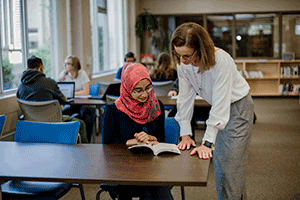
Luther College is recognized for its high standards of teaching, focused research, and one-on-one academic advising. We value and protect this heritage of excellence in scholarship, freedom of inquiry, and faithful seeking after truth.
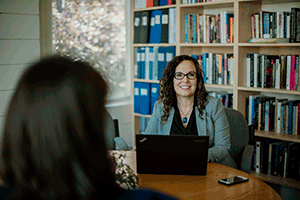
Free enrolment counselling support and invaluable one-on-one academic advising are available for all programs at Luther College.

To enrol as a Luther College student, simply fill out the University of Regina application form and select Luther as your campus of choice.
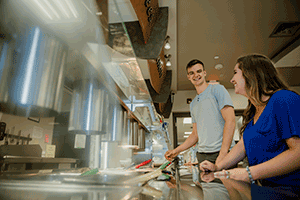
Eating better means studying better. The Luther Cafeteria offers fresh, healthy, nutritious meals seven days a week with a self-serve “all-you-care-to-eat” concept students prefer.

Smaller class sizes at Luther College means more individualized attention and better connections with your professors, classmates, and academic advisors.
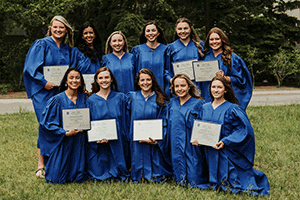
Luther College students are U of R students and receive all the same benefits. Upon graduation you will receive a U of R degree.
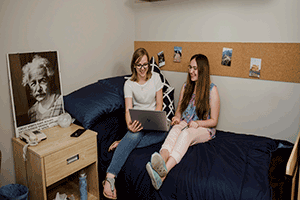
Our student residence, The Student Village at Luther College, welcomes residents from ALL post-secondary institutions in Regina. Rooms come with a meal plan, free laundry, free wi-fi, and a great sense of community.
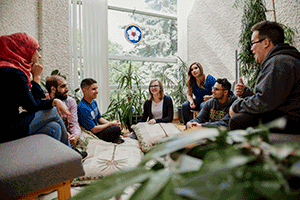
Luther College appeals to students who want to study in a safe, nurturing, and inclusive environment. We welcome students of all faiths, ethnicities, backgrounds, religions, genders, and sexual orientations.
Get all the details straight to your inbox!
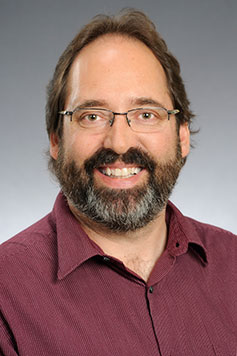 By Roger Petry (Philosophy)
By Roger Petry (Philosophy)
Philosophy as a discipline has its roots in discussion. Many of the earliest philosophical writings are structured intentionally as dialogues to allow the reader to see a topic from multiple vantage points and explore relationships between ideas that naturally flow during the course of conversation. The Scottish philosopher David Hume once wrote that a dialogue composed on a “curious or interesting” subject carried the reader into the company of its characters, thereby uniting “the two greatest and purest pleasures of human life: study and society”. As a student at the University of Oxford, I experienced the art of learning through conversation first hand through its tutorial system. Unlike a lecture based system, in Oxford I would meet one-on-one each week with my subject tutor who would engage me in what I had written for that week, posing (often tough) questions and providing rival views, with the goal that we would collectively advance our understanding of a complex topic. It affirmed for me that good scholarship, at its heart, is always done in community. To this day, I encourage my students to engage in conversation in the classroom through small group activities, reviewing each other's work, or having focused discussions as a large group. Doing so requires a commitment to processes that embrace participation (talking circles, world café formats, and other structured conversations); these lead invariably in surprising, unanticipated directions. The capacity to listen intently, the courage to present one's own views, and the openness to constructive criticism by others naturally develops in such an environment and lays the foundation not only for the scholarly life, but also meaningful contributions as a citizen.